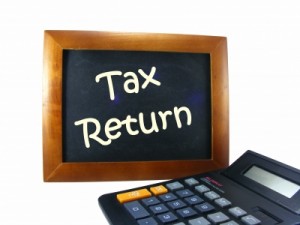This being May, we are embarking on the annual “wedding season” of summer, that time of year when we see upward numbers festive brides and grooms out and about enjoying their big day. This summer’s wedding season is expected to be bigger than ever, given the recent passage of legislation recognizing same sex marriage by the Minnesota Legislature, and signature of same by Governor Mark Dayton. This new law will officially take effect on August 1, 2013. So in addition to the many bride-groom couples, this year we can expect to see bride-bride and groom-groom couples about the region as well. Indeed, Como Park is preparing for a large-scale “flash” wedding event that will take place on August 1, with brief blocks of time to be leased out by couples for their vow exchanges. Minneapolis City Hall will open at 12:01 a.m. that day to accommodate the expected “wedding rush” in the neighboring county.
Couples of all three gender combinations need to know where to get accurate legal marriage information, such as what it takes to get a license, what the related fees are, where to get a government official to perform the ceremony, and so forth. On the Ramsey County website is a page that provides a link to a marriage license application, information on where to file it, plus information on Ramsey County District Court Judges available to perform wedding ceremonies.

![file0001067824907[1]](https://ramseylawlibrary.org/wp-content/uploads/2013/05/file000106782490715-300x200.jpg)
![dvsvbook200[1]](https://ramseylawlibrary.org/wp-content/uploads/2013/05/dvsvbook20016-150x150.jpg)
![file000288943151[1]](https://ramseylawlibrary.org/wp-content/uploads/2013/04/file00028894315113-150x150.jpg)


